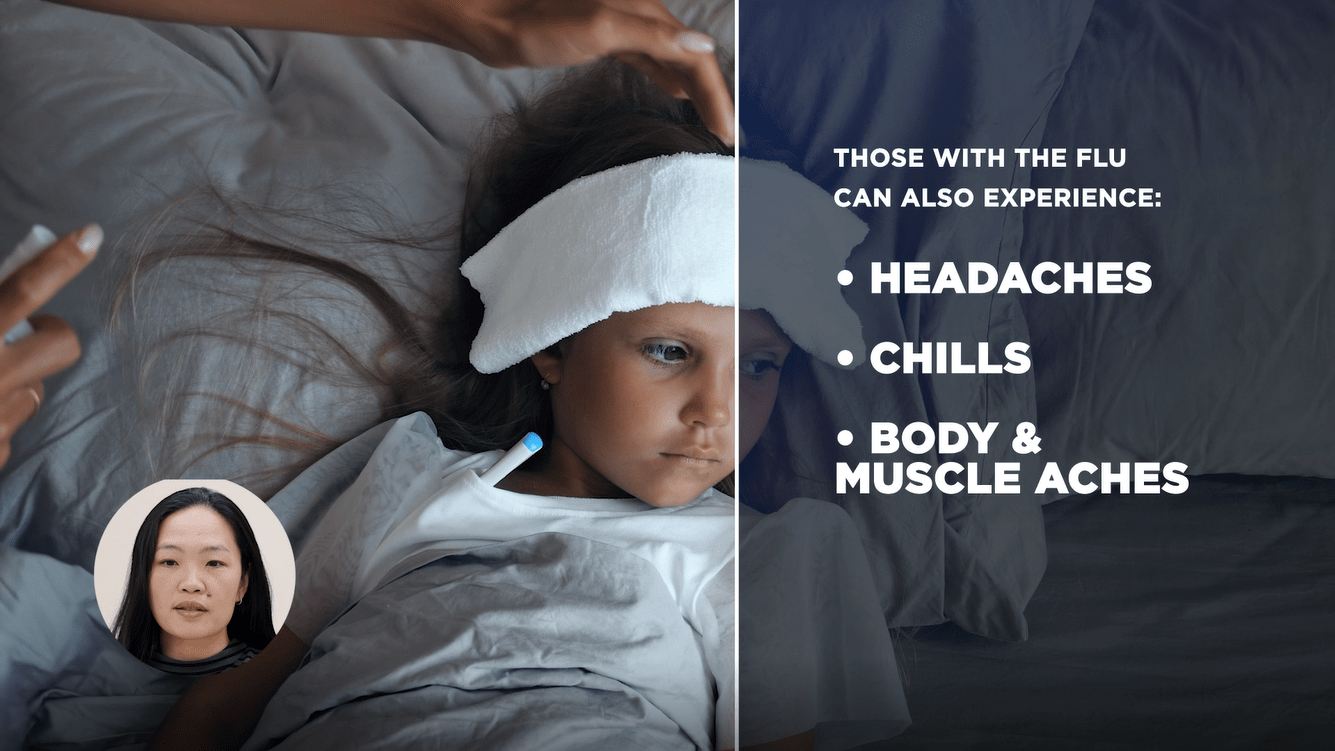
What illnesses are impacting kids this viral season
Dr. Jeffrey Pernica, infectious disease pediatrician at Hamilton Health Sciences’ McMaster Children’s Hospital, shares some insights into the current 2023 viral season.
Are any new illnesses impacting children this year?
Most families know, and certainly all doctors know that there is more respiratory disease in children in the winter. This is because there are more respiratory viruses that circulate in the winter. This year, the biggest troublemakers are the commonly known respiratory syncytial virus (RSV) and influenza (flu).
How can people protect their families?
Families should do what they’ve always done. When people are not feeling well they should not go to work or school, wash their hands as hand hygiene is important to slow the spread of infection, and everyone over the age of six months should get a flu shot. For those who are are worried about COVID-19 it is recommended to get that booster as well. Getting these vaccines is something that everyone can do to protect themselves against severe disease.
The Hamilton Public Health website provides locations in which the flu shot and COVID-19 vaccine are available.
Do children need medical care for a cold or the flu?
Most viral illnesses have no specific treatment and can be managed at home. So, when a child is sick try to keep them as comfortable as possible. Ensure they’re drinking enough liquids. A fever can be treated with antipyretics such as acetaminophen or Ibuprofen.
At what point is medical attention needed?
A child should be taken to the emergency department if they’re having difficulty breathing or not getting enough fluids. Parents and caregivers can tell if a child is not drinking enough, if they notice that they’re not peeing frequently. And, if a child has a fever for more than five days then they should be taken to their family doctor.
Does cold weather make you sick?
No, being cold does not give someone a viral illness. While there are a lot of good reasons to wear a jacket in the winter, that in and of itself will not predispose someone to developing a respiratory infection.



